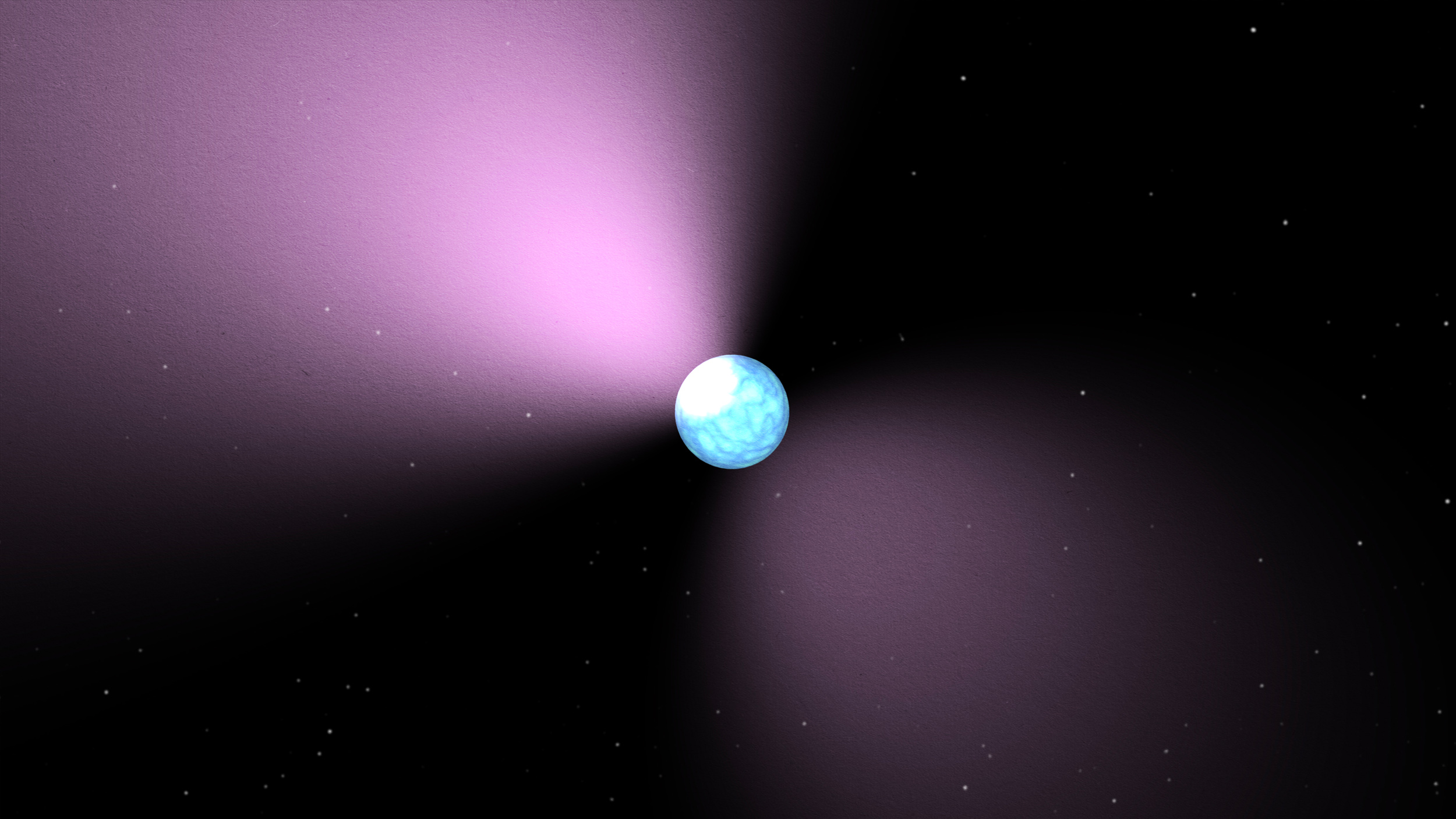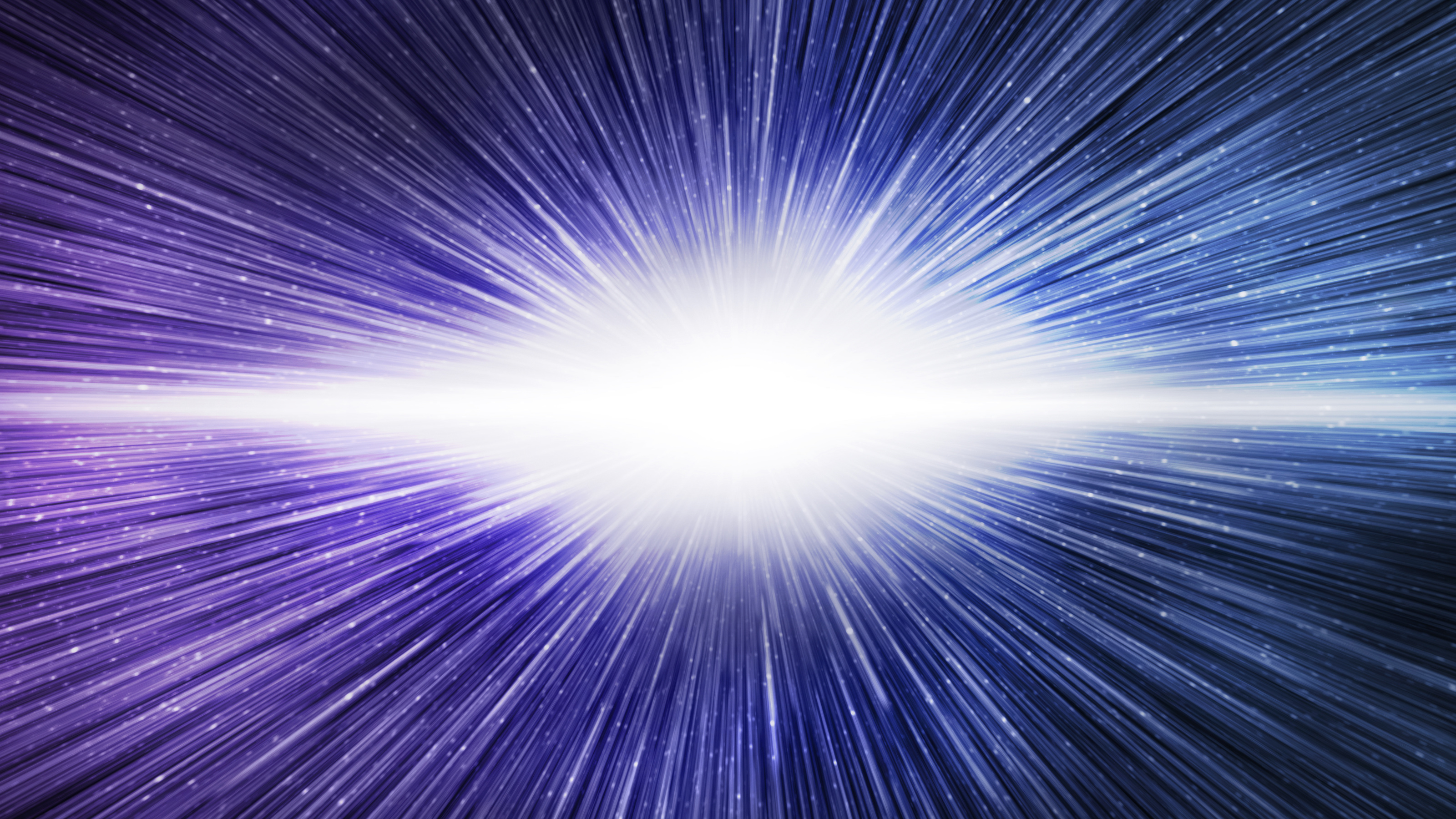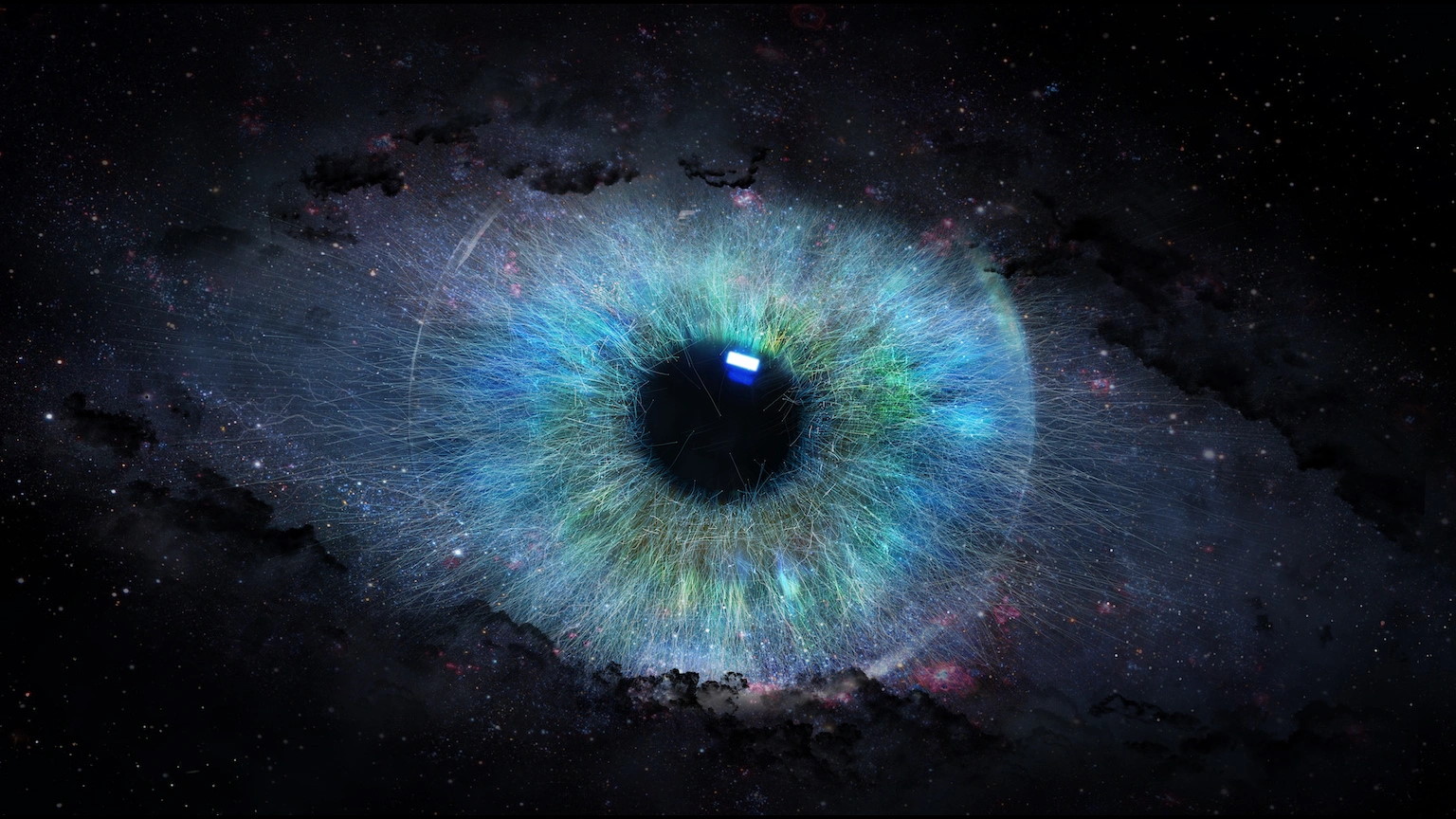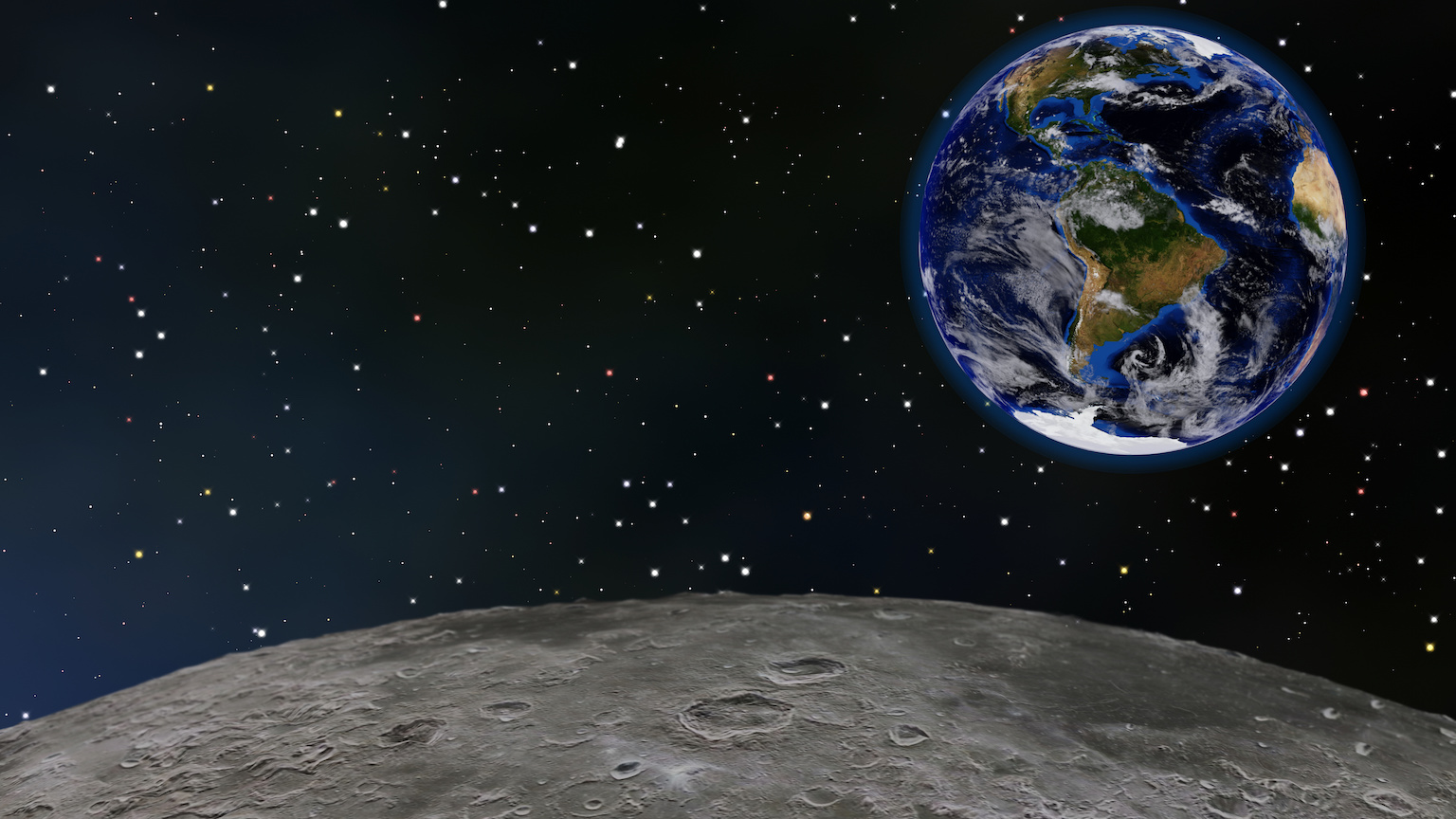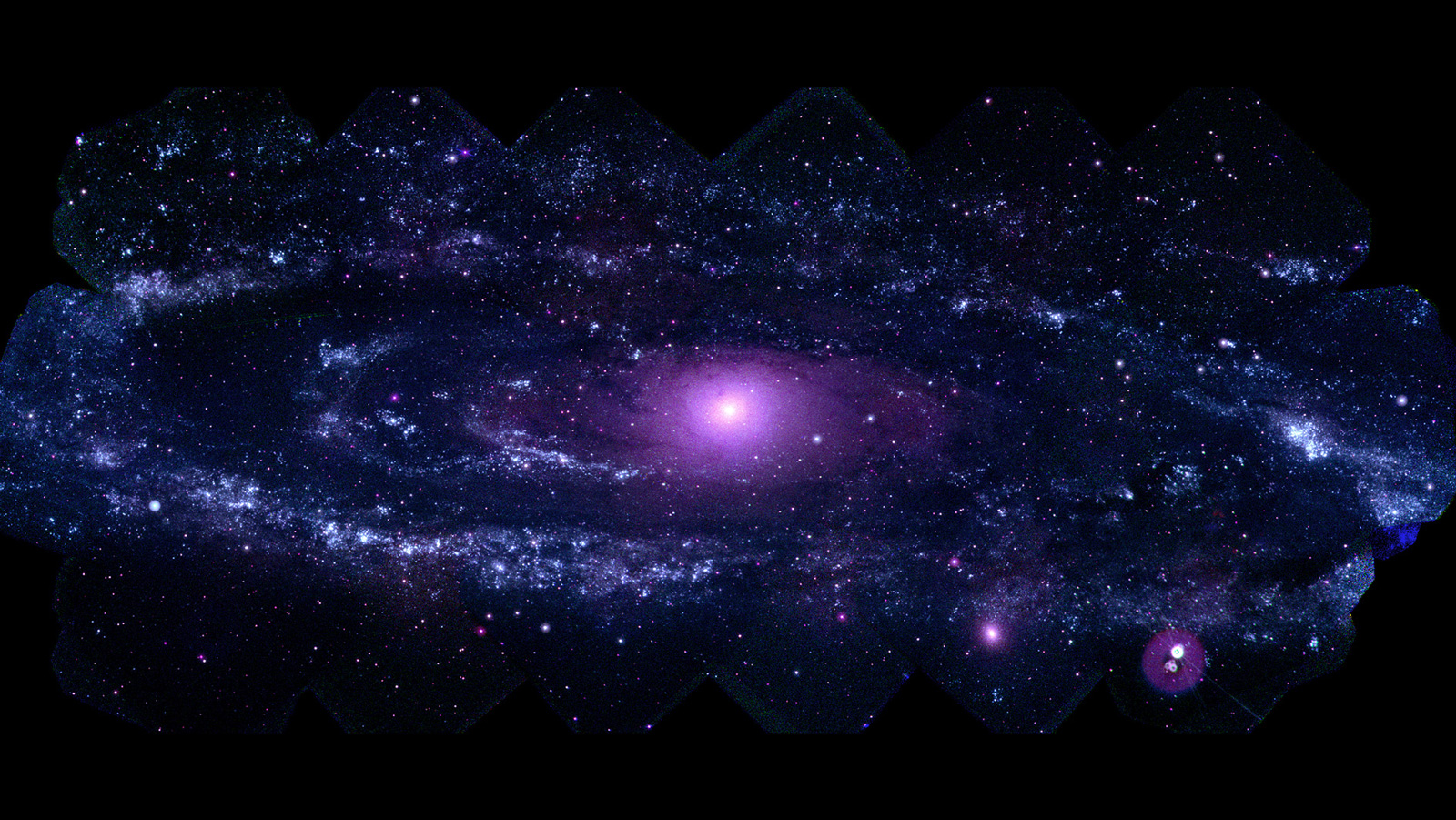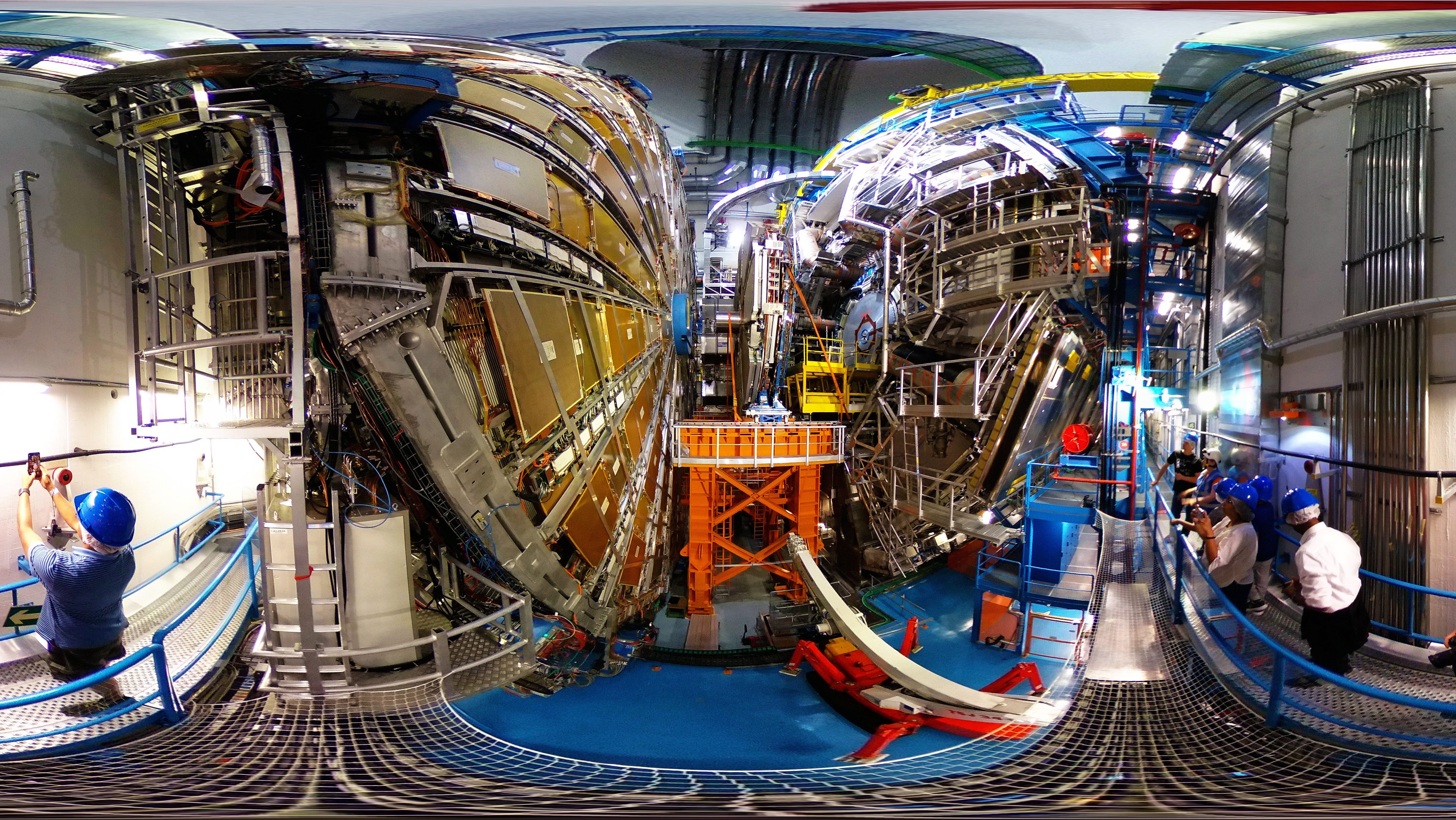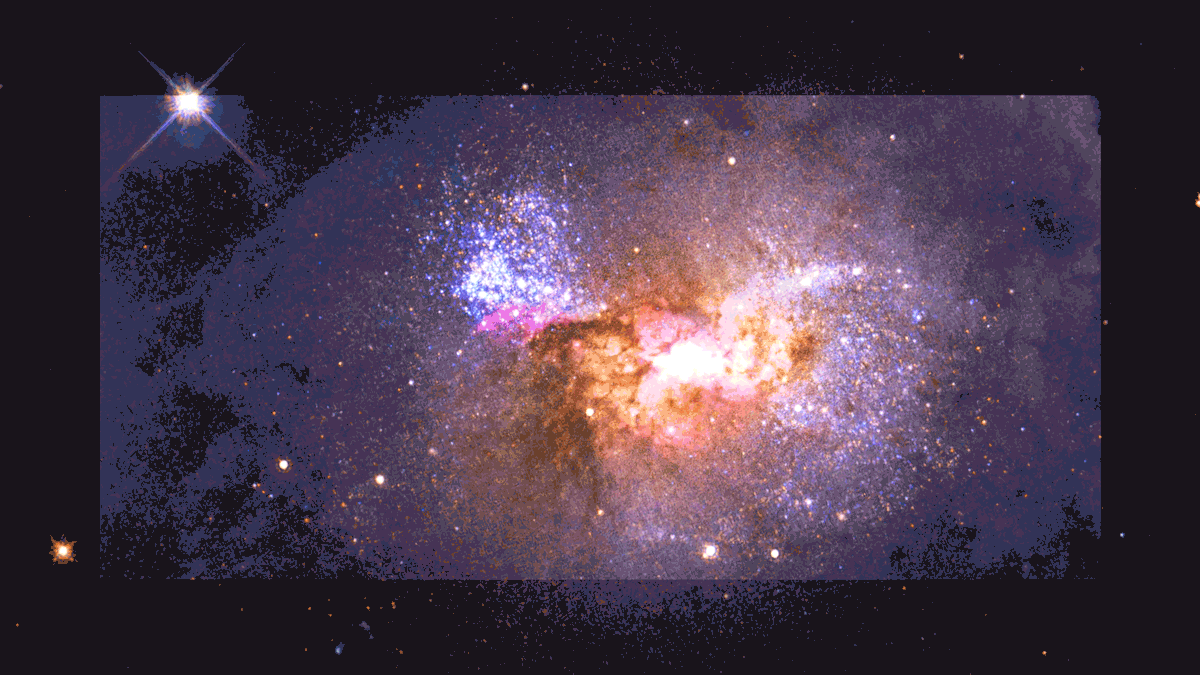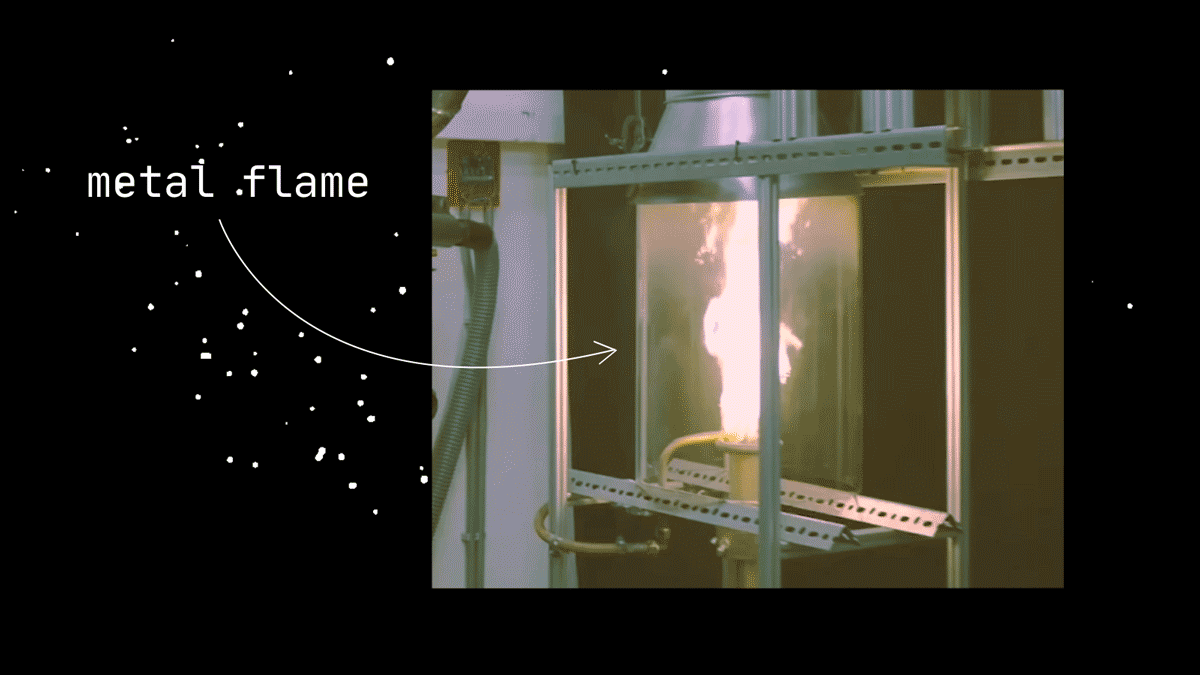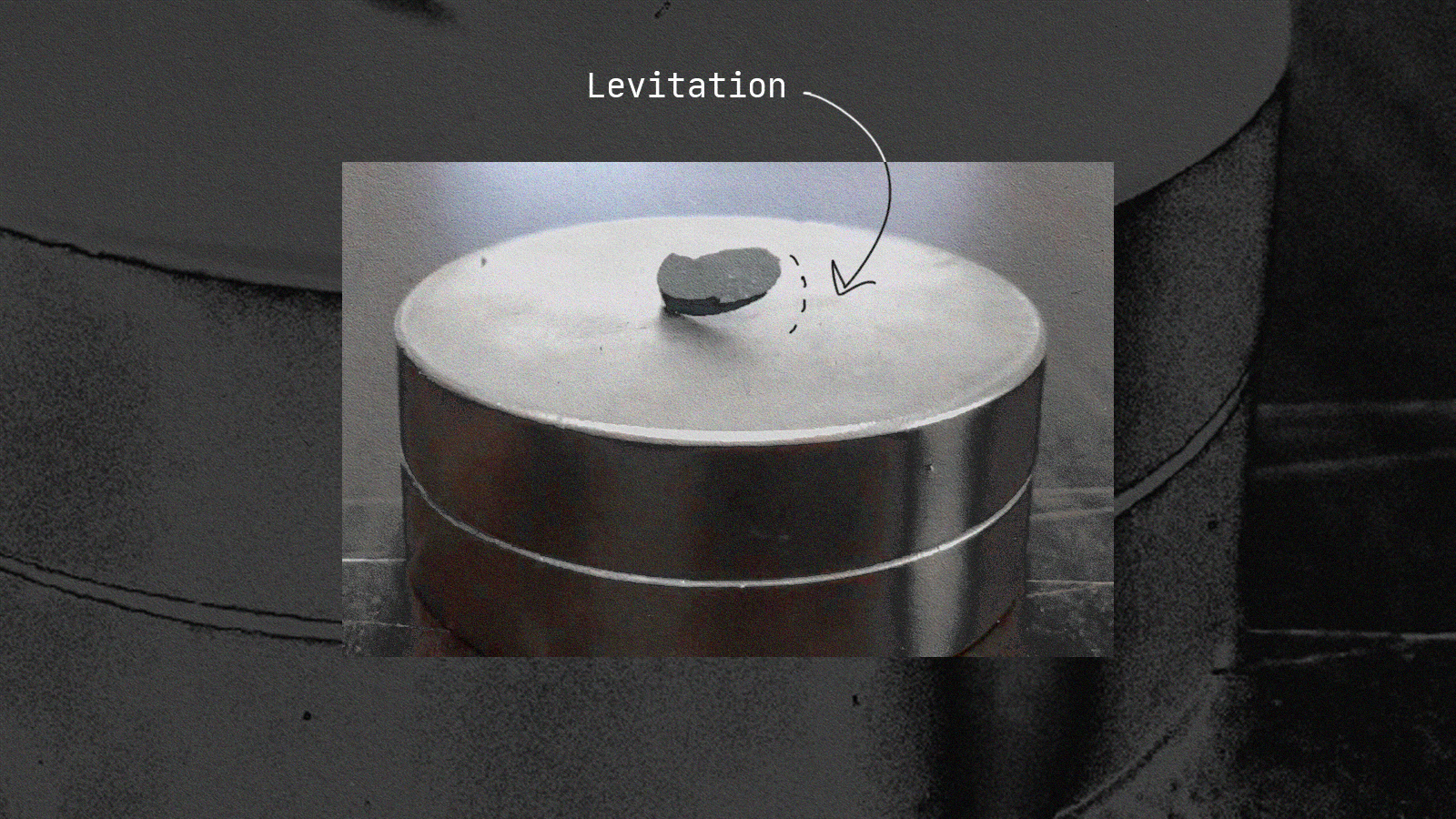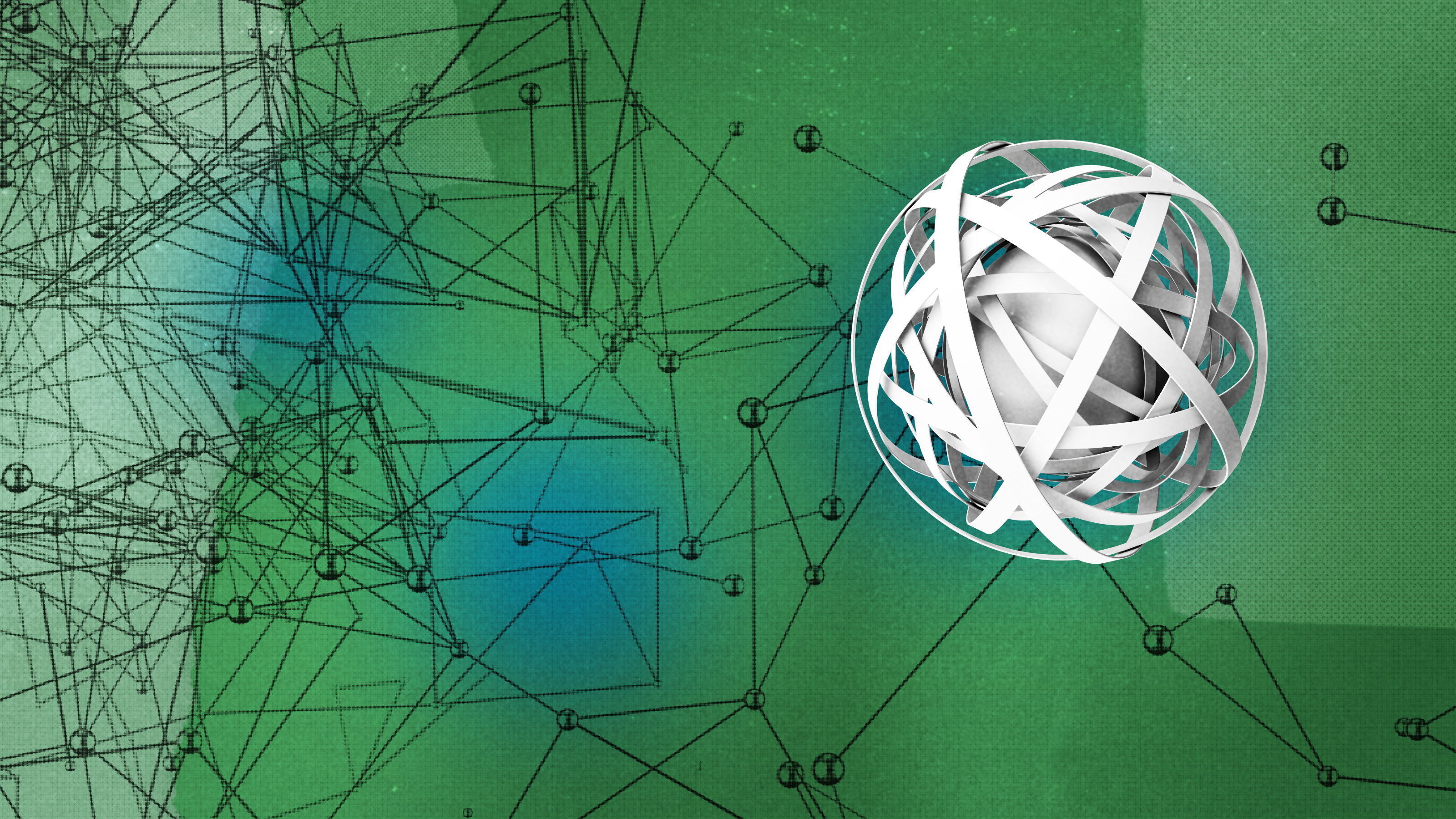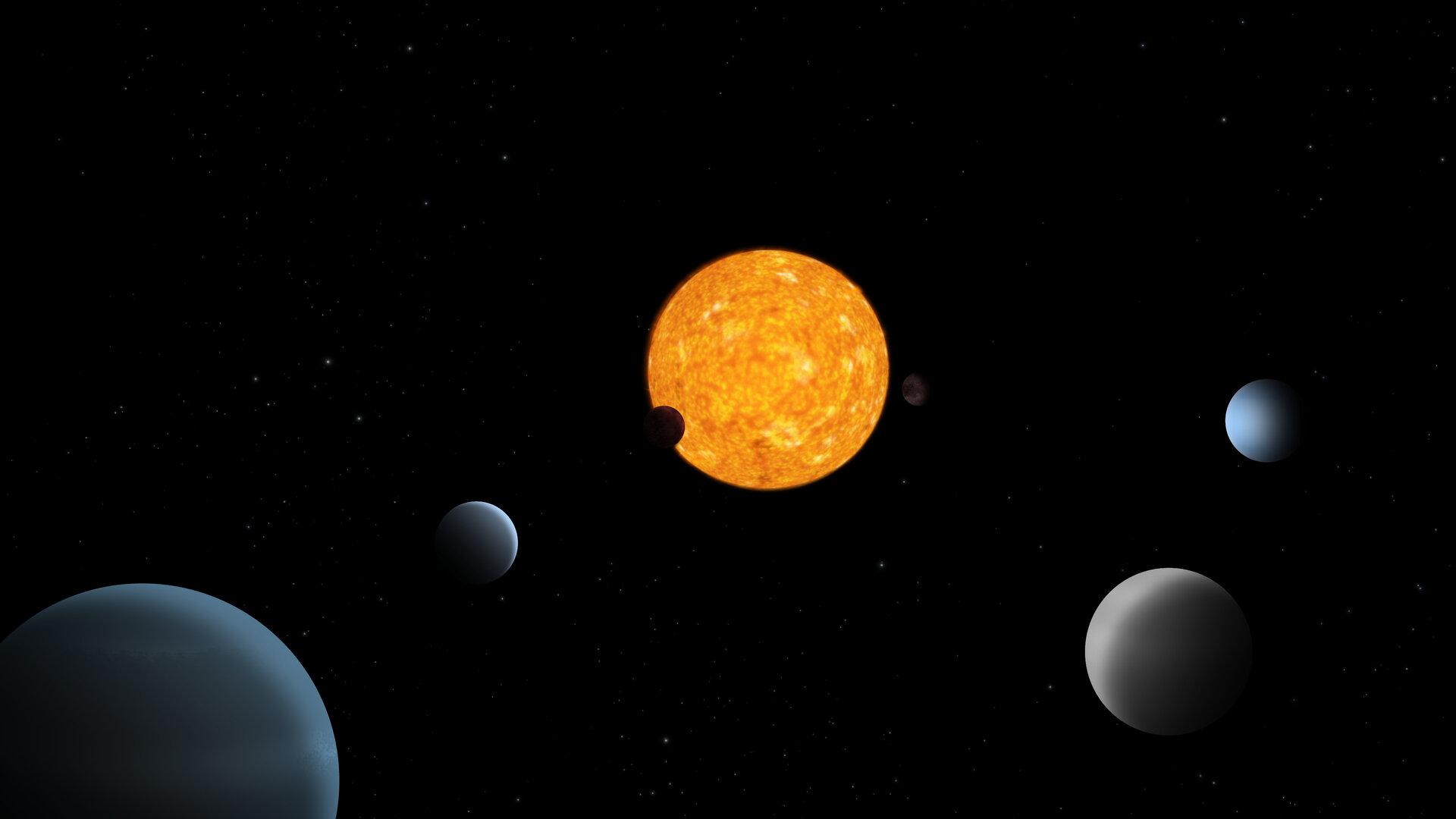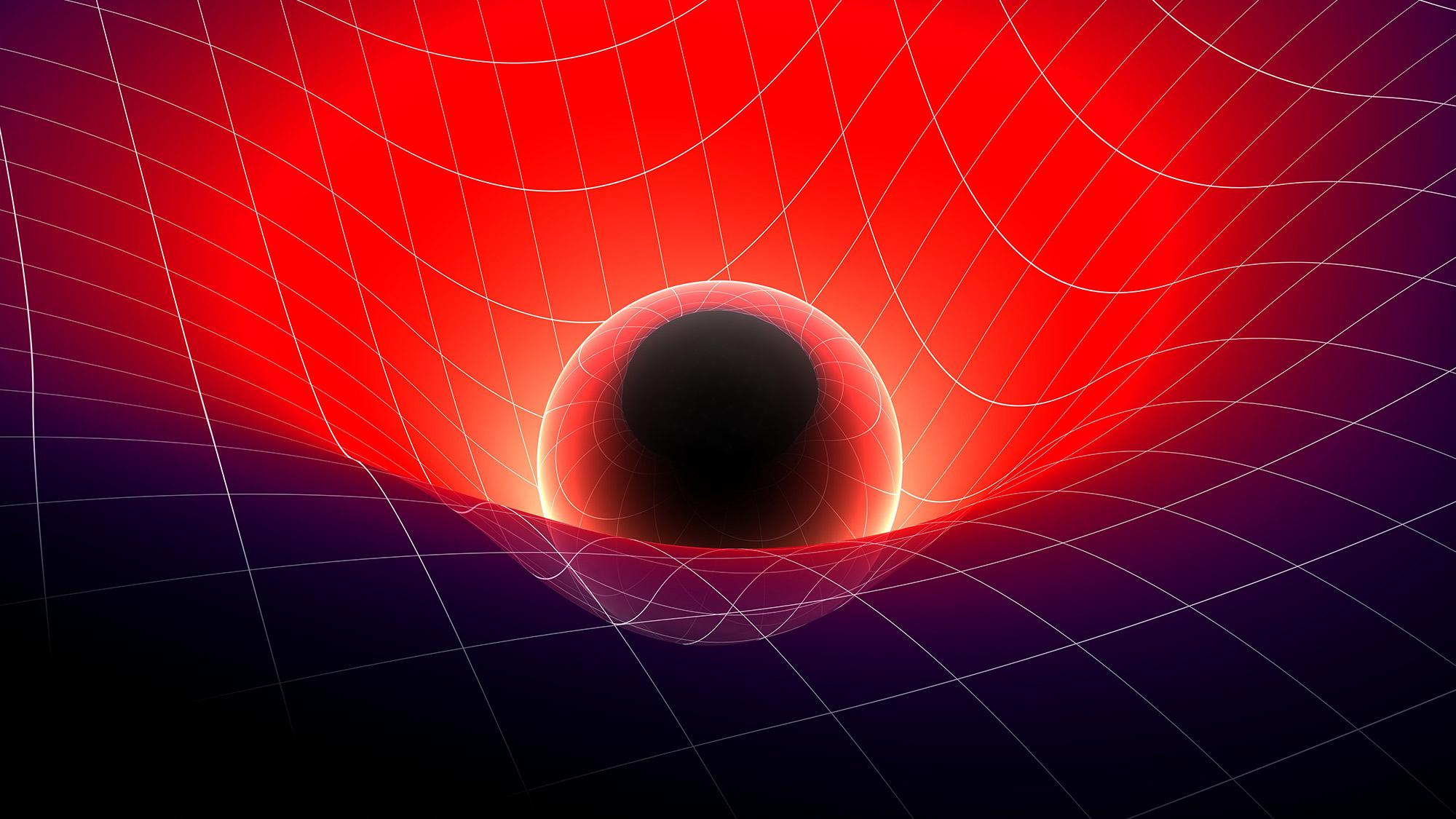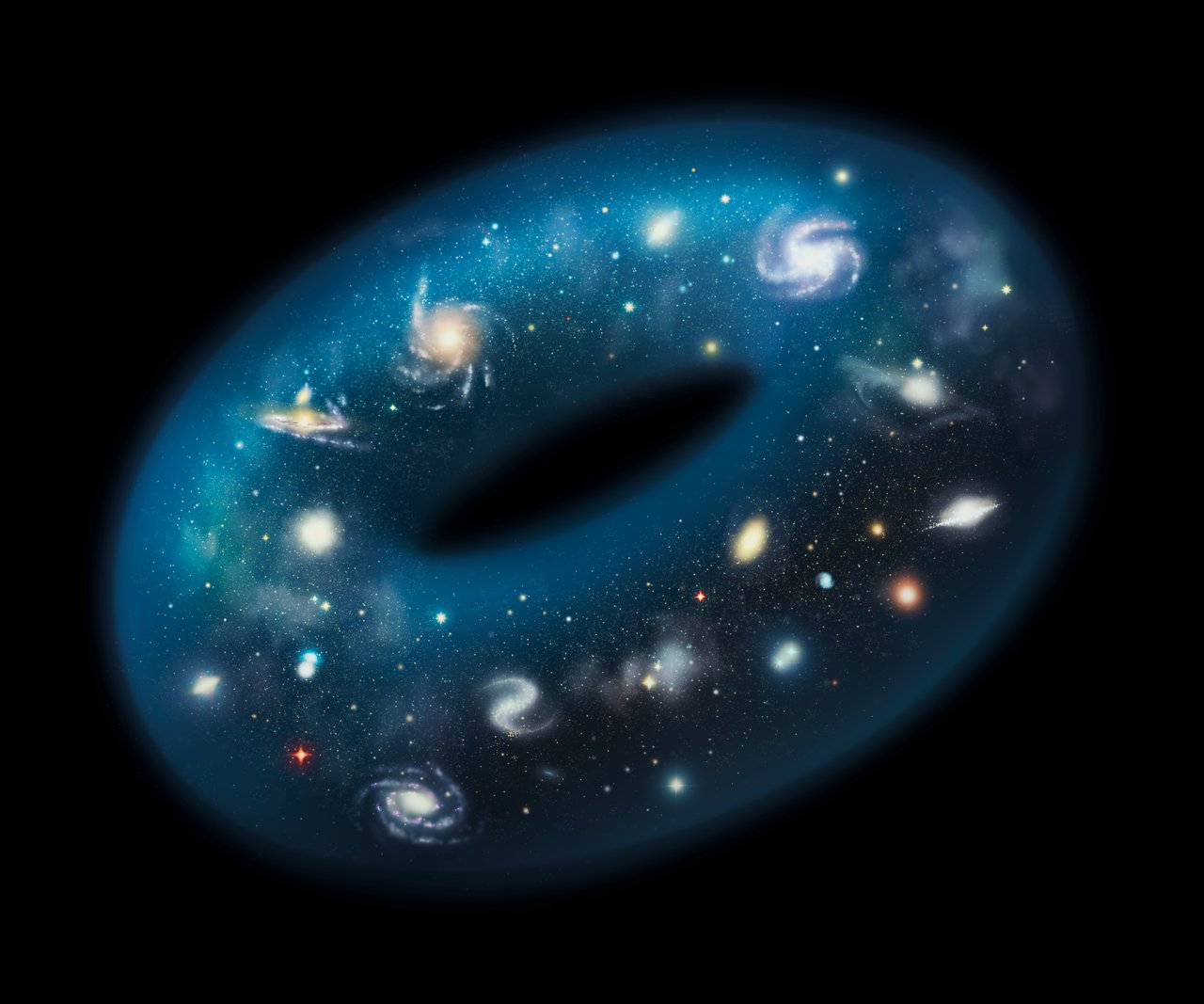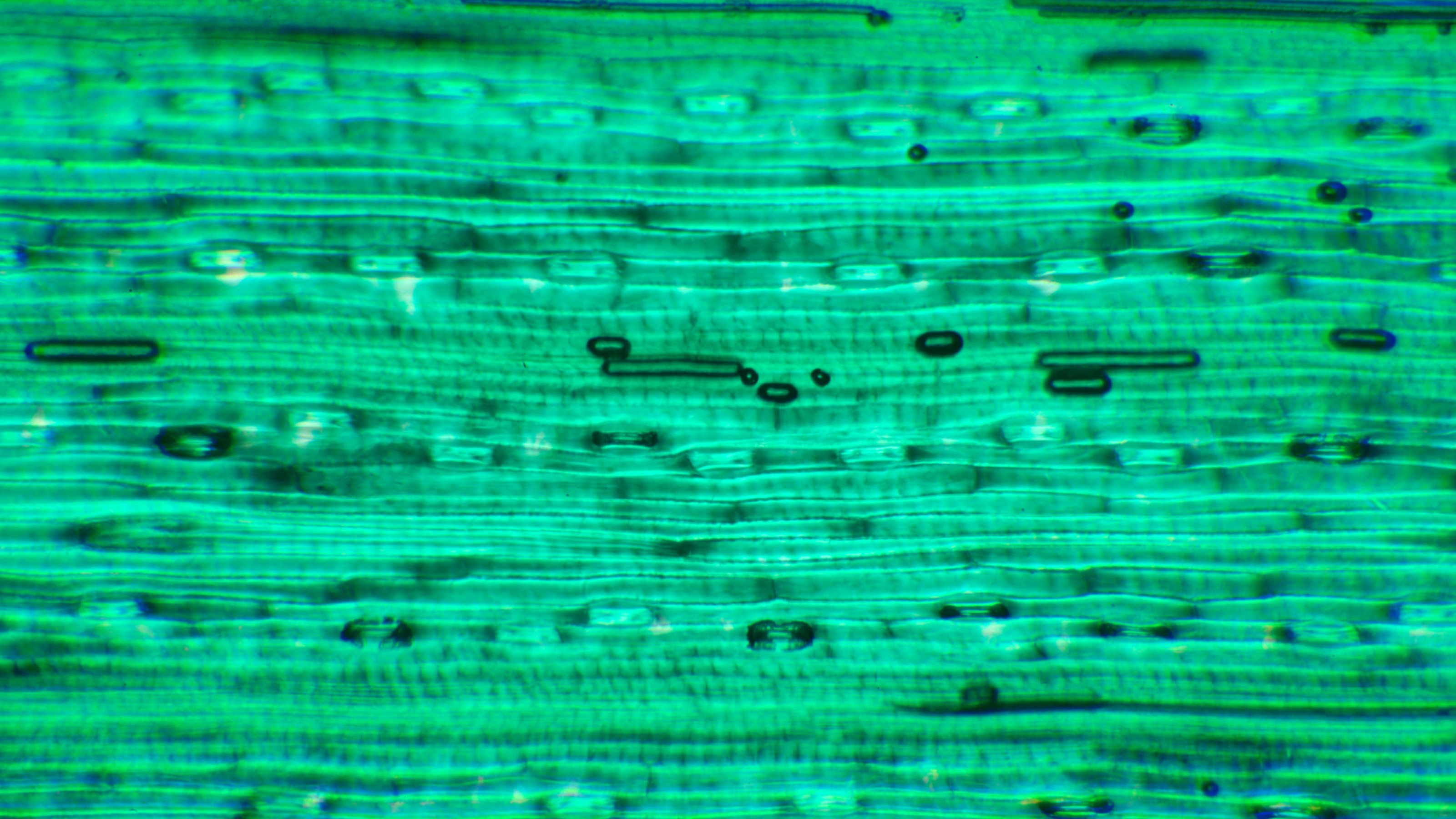Ultracold gases in the lab could help scientists better understand the universe.
Search Results
You searched for: gravity
In general relativity, white holes are just as mathematically plausible as black holes. Black holes are real; what about white holes?
Despite all that we’ve learned about the Universe, there remain unanswered, and possibly unanswerable, questions. Could “God” be the answer?
Or are cults the religions we find distasteful?
To study the origin of the Universe, we could build a constellation of six expensive spacecraft — or we could just use the Moon.
Observations of an enormous cosmic structure, dubbed the “Big Ring,” seem to violate the Copernican principle.
New technology is helping physicists move forward in the search for the Theory of Everything.
The first stars in the Universe were made of pristine material: hydrogen and helium alone. Once they die, nothing escapes their pollution.
Dark matter’s hallmark is that it gravitates, but shows no sign of interacting under any other force. Does that mean we’ll never detect it?
In many ways, we are still novices playing with toy models seeking to understand the stars.
Experiments on suborbital rockets are revealing how to make a better iron furnace.
Architecture in the age of AI — argues professor Nayef Al-Rodhan — should embed philosophical inquiry in its transdisciplinary toolkit.
At a fundamental level, only a few particles and forces govern all of reality. How do their combinations create human consciousness?
The Universe is expanding, and the Hubble constant tells us how fast. But how can it be a constant if the expansion is accelerating?
Extremely precise atomic clocks are not just of theoretical interest; they could help detect impending volcanic eruptions or melting glaciers.
An army of replicators belonging to national laboratories, research universities, and amateur garages is rushing to replicate ambient superconductivity in LK-99.
Nothing lives forever, at least, not in the physical Universe. But relativity allows us to get closer than ever, from one perspective.
The hunt for the elusive particles continues.
Recent measurements of subatomic particles don’t match predictions stemming from the Standard Model.
Human civilization has always survived periods of change. Will our rapidly evolving technological era be an exception to the rule?
Besides offering an incredibly cool way to get stuff into space, SpinLaunch promises to reduce the cost of a launch by 20-fold.
As time goes on, dark energy makes distant galaxies recede from us ever faster in our expanding Universe. But nothing truly disappears.
SpinLaunch will cleverly attempt to reach space with minimal rocket fuel. But will physics prevent a full-scale version from succeeding?
The stars, planets, and many moons are extremely round. Why don’t they take other shapes?
Albert Einstein and his theory of general relativity continue to amaze us to this day.
A reader asks whether we have an ethical responsibility to always debate bad beliefs, especially those that come from our elders.
Albert Camus was a Franco-Algerian philosopher with some great insights on the meaning of life, why you should look to this life and not the next, and why suicide is a poor choice.
In theory, the fabric of space could have been curved in any way imaginable. So why is the Universe flat when we measure it?
Plants at room temperature show properties we had only seen near absolute zero.
